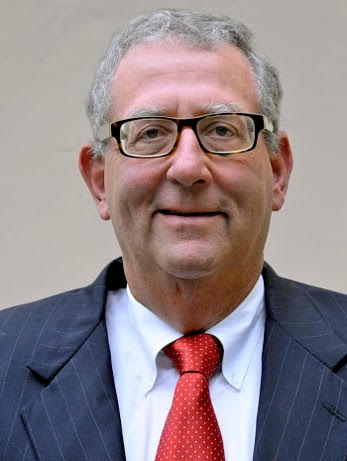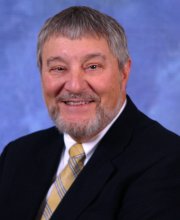If you thought each of the nations of the world exists in a vacuum, the spread of the latest coronavirus should have convinced you otherwise. Today, with instant communication, rapid transportation and interconnected trade in goods and ideas, no nation is freestanding. Not even the United States.
The same thing is true within our nation. No group is freestanding, whether that group is identified by history, ethnicity, geography or place in the economy. What affects one group affects all groups.
That’s why, as we struggle to find a way to keep ourselves healthy and to make quality health care available to “everyone” in the U.S., we need to remember we’re talking about everyone.
One group that’s often forgotten in this cultural and political struggle is rural Americans and the many small — often very small — communities they live in.
For more than 30 years, we both have traveled the highways and gravel roads of our country, one as the director of the Nebraska State Office of Rural Health, the other as a clinician/health care consultant for an array of public-private entities. We worked with rural communities trying to care for each other in a national system that works poorly — if at all — in sparsely populated areas.
We quickly learned that rural is not simply a smaller version of urban. Everyone’s basic health care needs may be similar, but those needs are shaped by geography, demography, resources and cultural expectations.
It’s easy for policymakers and political leaders at all levels to focus on the largest groups and the most concentrated populations and to set aside the needs of those in sparsely populated places. It’s easy to focus on efficiencies of scale and to neglect the valued and cherished resources of our national life together.
Our national motto says it clearly: “E pluribus unum. Out of many, one.” If one part of our nation is forgotten in the rush to serve another, we are no longer one. And all will suffer in the long term.
As the nation argues over whether change to its health care system should be evolutionary or revolutionary, rural people need to be part of the argument, part of the discussion and intimately involved in the solution. Their specific situation, needs and perspective must be considered.
In this interconnected world, if one segment suffers, we all suffer. But if “I” is replaced with “we,” even illness can become wellness.
For one and all, we must convene, connect, communicate, collaborate and commit to succeed in securing a healthier rural America.
Originally published in the Omaha World-Herald.
Follow us here and subscribe here for all the latest news on how you can keep Thriving.
Stay up to date or catch-up on all our podcasts with Arianna Huffington here.



